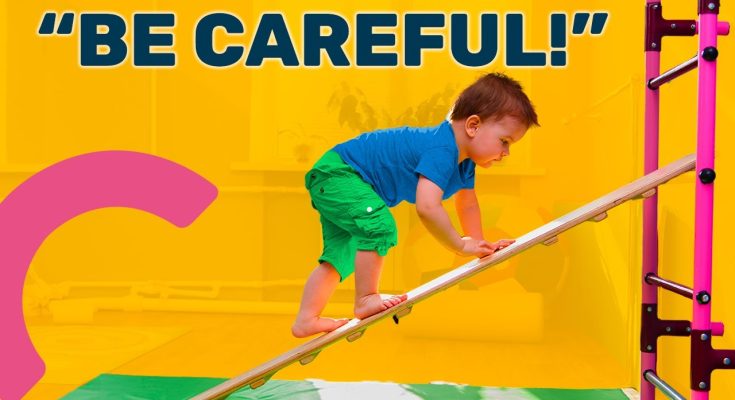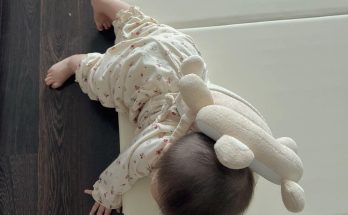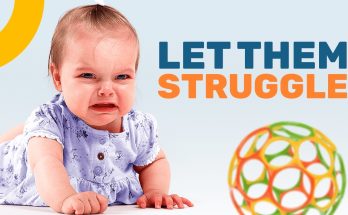Toddlers are in a crucial stage of development where they are learning about emotions, self-expression, and social interactions. The way we communicate with them plays a significant role in shaping their self-esteem, confidence, and behavior. Some phrases that may seem harmless to adults can be confusing, discouraging, or even damaging to a toddler’s emotional development. Here are three things you should never say to your toddler—and what to say instead for a more positive impact.
1. “Stop Crying!”
Crying is a toddler’s way of expressing frustration, sadness, fear, or discomfort. While it might be tempting to tell them to stop crying—especially when you’re feeling overwhelmed—this phrase invalidates their emotions and may make them feel unheard or ashamed for expressing their feelings.
Why You Shouldn’t Say It:
- It teaches them to suppress their emotions instead of understanding them.
- It makes them feel like their feelings are not important.
- It can lead to emotional outbursts later because they haven’t learned how to process their emotions in a healthy way.
What to Say Instead:
✔ “I see that you’re upset. It’s okay to feel this way. Do you want a hug?”
✔ “I know you’re sad. Can you tell me what’s wrong so I can help?”
✔ “It’s okay to cry. I’m here with you.”
By acknowledging their emotions, you help them feel safe and validated. Over time, they will learn how to manage their feelings in a healthy way rather than suppressing them.
2. “Why Can’t You Be More Like [Another Child]?”
Comparing your toddler to another child—whether it’s a sibling, cousin, or friend—can be deeply hurtful. Toddlers are still developing their sense of identity, and comparisons can make them feel like they are not good enough.
Why You Shouldn’t Say It:
- It damages their self-esteem and confidence.
- It creates feelings of resentment, jealousy, or insecurity.
- It makes them feel like they need to change who they are to earn your approval.
What to Say Instead:
✔ “I love the way you do things in your own special way.”
✔ “I see you’re trying hard, and that’s what matters!”
✔ “Every child is different, and that’s what makes you unique and amazing.”
Rather than making comparisons, focus on your child’s strengths and efforts. Encouraging their individuality helps build self-confidence and a strong sense of self-worth.
3. “Because I Said So.”
Toddlers are naturally curious, and they ask a lot of “why” questions to make sense of the world around them. Responding with “because I said so” shuts down their curiosity and can make them feel frustrated or powerless.
Why You Shouldn’t Say It:
- It does not teach them why certain behaviors or rules are important.
- It can make them feel like their questions or opinions don’t matter.
- It discourages independent thinking and problem-solving.
What to Say Instead:
✔ “I need you to hold my hand when we cross the street because it keeps you safe.”
✔ “We can’t have candy before dinner because we need to eat healthy food first.”
✔ “We have to clean up our toys so we can find them easily next time we play.”
Providing a simple explanation helps toddlers understand the reasons behind rules and boundaries. It also encourages cooperation instead of resistance.
Final Thoughts
Toddlers are still learning how to navigate the world, and the words we use with them can shape their emotional well-being and behavior. Instead of using phrases that dismiss their feelings, compare them to others, or shut down their curiosity, focus on words that validate, encourage, and guide them.
By making small changes in how we communicate, we can foster a stronger, more trusting relationship with our toddlers while helping them grow into confident and emotionally intelligent individuals.



